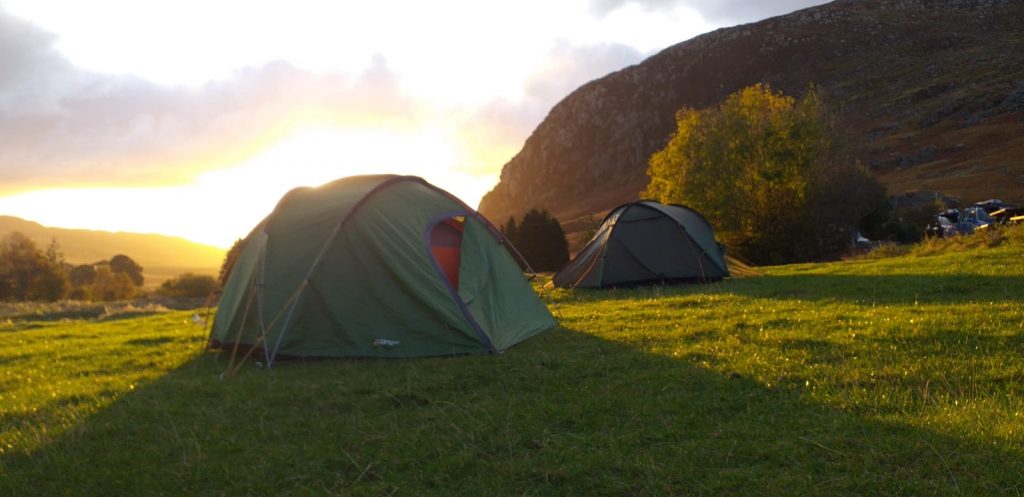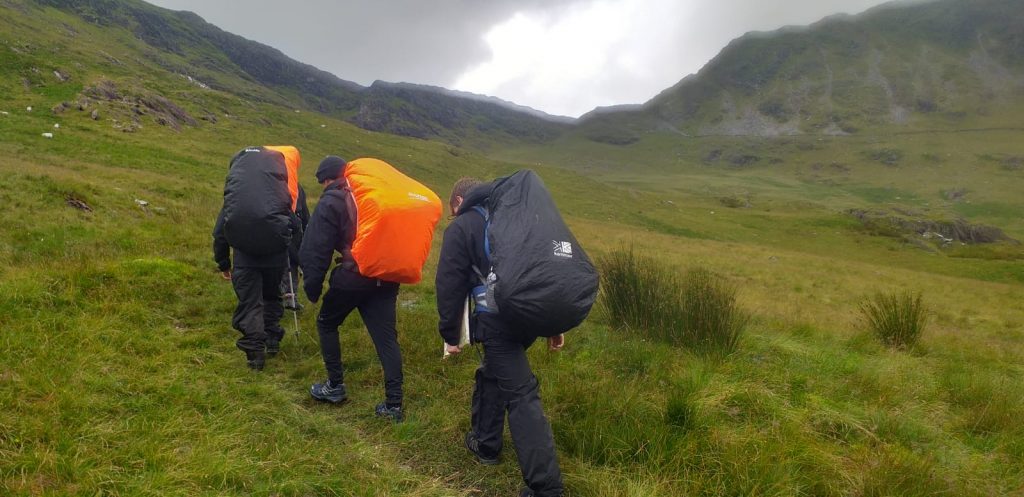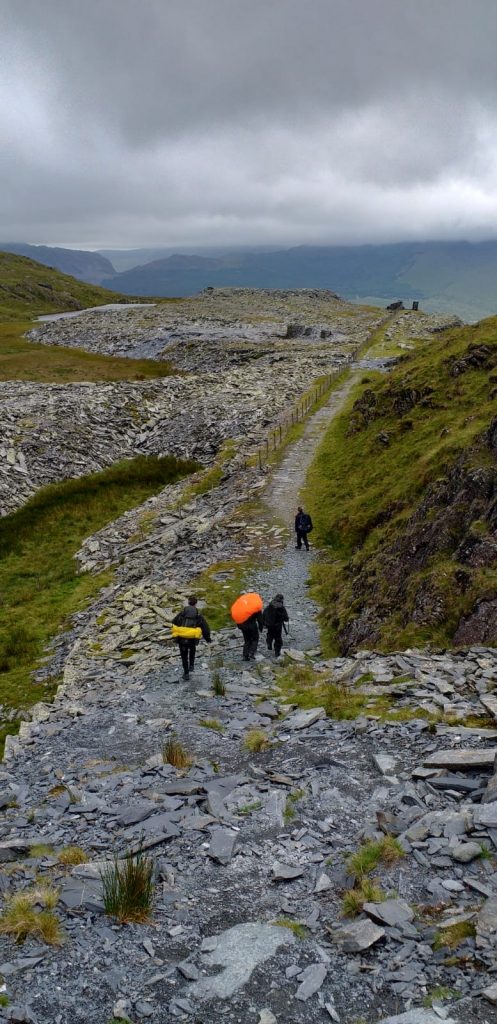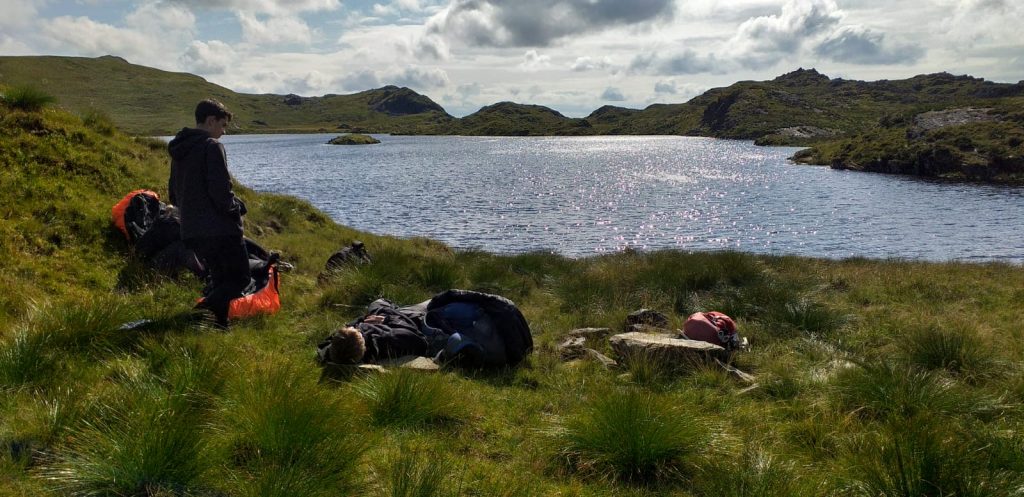Dofe Expedition Services for Schools and Groups
For many of you who work or volunteer with the running of DofE expeditions is schools, colleges or work out in the community with DofE expedition groups this time of the year will probably be one of the busiest times in your calendar.
You will be in the midst of planning DofE expeditions and training expeditions for your school pupils or group members.
We at Mountain Water Expeditions have many years of working closely with DofE expedition groups in schools and colleges. Over that time have created some amazing resources and activity ideas which we will share in our next series of blogs.
Hopefully these will make your expedition training easier to plan, and lead to a safe, enjoyable expedition season for yourself and your DofE expedition groups.
We intend to use a mix of written and small video based content that can all be used with your school and college expedition groups. Our blog contents are all going to be aimed around the DofE expedition frameworks for Bronze, Silver and Gold level expeditions.
- First aid and emergency procedures
- An awareness of risk and health and safety issues
- Navigation and route planning
- Campcraft, equipment and hygiene
- Food and cooking
- Observation recording and presentations
- Teambuilding
Before we get stuck into our the first of our training resources, we must not forget everything we do for our group DofE expeditions services must be aimed around meeting the 20 conditions of the DofE expedition.




20 DofE qualifying expedition conditions
Planning the expedition
- The team must plan and organise the expedition; all members of the team should be able to describe the role they have played in planning.
- The expedition must have an aim. The aim can be set by the Leader at Bronze level only.
- All participants must be within the qualifying age of the programme level and at the same Award level (i.e. not have completed the same or higher level of expedition).
- There must be between four and seven participants in a team (eight for modes of travel which have tandem)
- The expedition should take place in the recommended environment.
- Bronze: Expeditions should be in normal rural countryside – familiar and local to groups.
- Silver: Expeditions should be in normal rural, open countryside or forest – unfamiliar to groups.
- Gold: Expeditions should be in wild country (remote from habitation) which is unfamiliar to groups.
- Accommodation must be by camping or other simple self-catering accommodation (e.g. camping barns or bunkhouses).
- The expedition must be of the correct duration and meet the minimum hours of planned activity.
- Bronze: A minimum of 2 days, 1 night; 6 hours planned activity each day.
- Silver: A minimum of 3 days, 2 nights; 7 hours planned activity each day.
- Gold: A minimum of 4 days, 3 nights; 8 hours planned activity each day.
- All expeditions must be supervised by an adult (the Expedition Supervisor) who is able to accept responsibility for the safety of the team.
- Assessment must be by an accredited Assessor. At Bronze level only, the Assessor may also be the Expedition Supervisor.
- Expeditions will usually take place between the end of March and the end of October. They may take place outside this period, if so, non-camping accommodation options should be considered.
Training and practice:
- Participants must be adequately trained to safely undertake a remotely supervised expedition in the environment in which they will be operating.
- Bronze: Teams must complete the required training.
- Silver: Teams must complete the required training and a practice expedition of a minimum 2 days, 2 nights.
- Gold: Teams must complete the required training and a practice expedition of a minimum 2 days, 2 nights
During the expedition:
- All expeditions must be by the participants’ own physical effort, without motorised or outside assistance. Mobility aids may be used where appropriate to the needs of the participant.
- All expeditions must be unaccompanied and self-sufficient. The team must be properly equipped, and supervision must be carried out remotely.
- Teams must possess the necessary physical fitness, first aid and expedition skills required to complete their expedition safely.
- Groups must adhere to a mobile phone use policy as agreed with their Expedition Supervisor and Assessor. This agreement should also include use of other electronic equipment.
- Participants must behave responsibly with respect for their team members, Leaders, the public and animals.
- Groups must understand and adhere to the Countryside /Scottish Outdoor Access, Highway and Water Sports Codes (as appropriate).
- Participants must plan an appropriate expedition menu, including cooking and eating a substantial hot meal on each day. This is optional on the final day.
Post expedition:
- Participants must actively participate in a debrief with their Assessor at the end of the expedition.
- At Silver and Gold level, a presentation must be prepared and delivered after the expedition.
Mountain Water Expeditions is a DofE Approved Activity (AAP) for the Expedition section at all three levels of the award and also the residential section at gold level.
We have over thirty years of experience of working with schools, colleges and other community-based groups providing DofE expedition services of all levels in the UK and overseas.
Mountain Water Expeditions has undergone external inspections from all the relevant authorities and has been successful in gaining a AALA license, DofE AAP licences for expeditions and the residential section and we hold the Learning Outside the Classroom Quality badge.
We are also approved to run leadership training from British Canoeing and Mountain Training and provide first aid training under the umbrella of Rescue and Emergency Care (REC). For more information on our First Aid course library please visit https://www.solutionaid.co.uk/first-aid-training/
